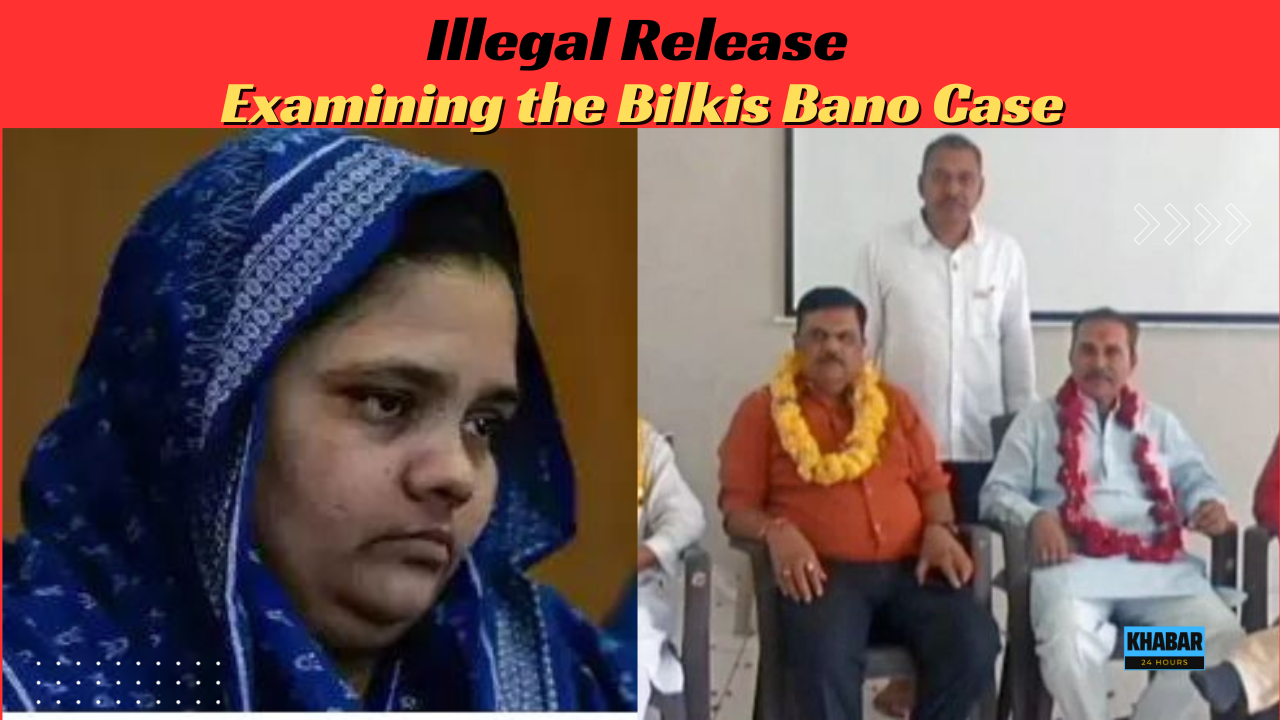
“The Supreme Court Verdict Strongly Condemns Gujarat’s Role in Facilitating the Release of Convicts”
Introduction: The recent Supreme Court ruling that overturned release orders for 11 men convicted in the 2002 Gujarat pogrom’s gang-rape and murder case is a pivotal moment in legal history. This article delves into the details of the case, shedding light on the court’s decision and its broader implications.
Background: The men, initially sentenced to life imprisonment by a Mumbai Sessions Court, saw a controversial premature release with support from the Bharatiya Janata Party government. The Supreme Court’s recent decision mandates their return to prison, exposing a critical lapse in jurisdiction regarding remission for convicts sentenced in Maharashtra.
Legal Analysis: Justices B.V. Nagarathna and Ujjal Bhuyan, in their observation, highlighted the complicity of the State of Gujarat, accusing it of acting in tandem with the convicts’ petition. The court noted a glaring omission—the failure to seek a review of a prior judgment despite its incorrect basis.
Core Principles in Remission: The ruling underscores the significance of adhering to core principles in granting remission. It emphasizes that the process should be fair, reasonable, and consider essential factors such as societal impact, the potential for reoffending, and the convict’s capacity for reform.
Significance for Rule of Law: This landmark judgment serves as a beacon for upholding the rule of law. At a time when doubts linger about the judiciary’s ability to hold power accountable, the decision reaffirms the importance of judicial intervention in rectifying legal discrepancies and ensuring justice prevails.
- Supreme Court ruling Gujarat pogrom case
- Convicts release overturned
- Gujarat government jurisdiction in remission
- Bharatiya Janata Party involvement in release
- Justices B.V. Nagarathna and Ujjal Bhuyan observation
- Legal analysis of Gujarat pogrom case ruling
- Core principles in remission
- Rule of law significance in recent judgment
Conclusion: The Supreme Court’s recent ruling on the Gujarat pogrom case stands as a testament to the judiciary’s commitment to upholding the rule of law. By scrutinizing the legal intricacies and emphasizing core principles in remission, the decision sets a precedent for fairness, reasonability, and accountability in the Indian legal system.

